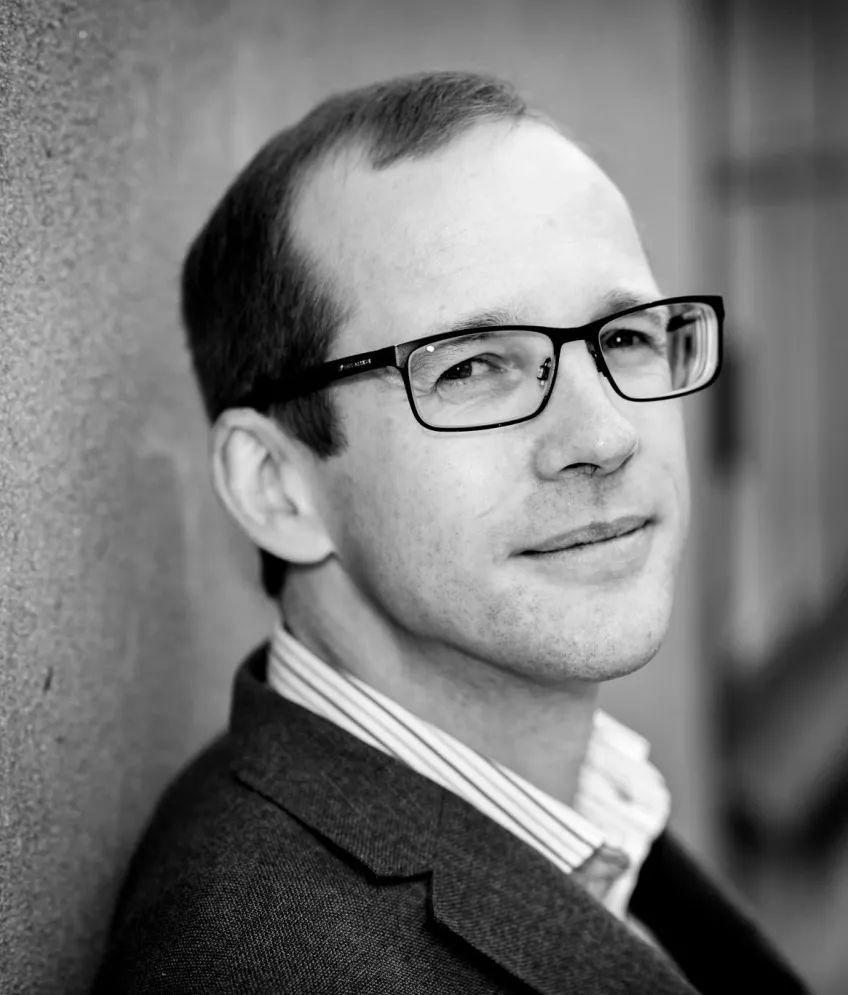Alzheimer’s disease is the most common form of dementia, affecting over 30 million people worldwide. Tau and beta-amyloid are two proteins known to aggregate and accumulate in the brain in patients with Alzheimer’s. And this pathological accumulation starts decades prior to symptom onset, making early diagnosis crucial in order for therapeutic interventions to prevent the progression of the disease.
In the last year we have had great breakthroughs when it comes to blood-based biomarkers for Alzheimer’s disease. Now we will develop accurate and cost-effective diagnostic and prognostic algorithms that can be used in both clinical practice and trials
To address this problem, Lund University has granted nine research leaders from the faculties of medicine, natural sciences, and social sciences together with Lund University of technology and the School of economics with 3 million SEK to invest in transdisciplinary collaborations during 3 years. The project also involves external partners, such as Region Skåne and companies in the life science sector. Roche, Lilly, Lundbeck, and Bioarctic are some of the external partners on board. Additional partners are Lund Municipality and patient organizations like Alzheimer Sverige.
– We are very grateful for this support; it will allow us to create a platform for co-producing knowledge and identifying collaborative projects, explains Maria H Nilsson, vice coordinator of the initiative and one of the research leaders from health sciences at MultiPark.
In the early period, the money will be used for seminars and workshops, to facilitate interactions between disciplines. In addition, a grant manager will be recruited to accelerate the procedure of finding external financial support to implement promising ideas generated from this joint initiative beyond the first three years.
– In the last year we have had great breakthroughs when it comes to blood-based biomarkers for Alzheimer’s disease. Now we will develop accurate and cost-effective diagnostic and prognostic algorithms that can be used in both clinical practice and trials, continues Oskar Hansson, coordinator for the collaboration and research leader from the clinical sciences at MultiPark.
After the three years of initial financial support from the university, the project will be evaluated and have the chance to receive support for another two years to continue.




